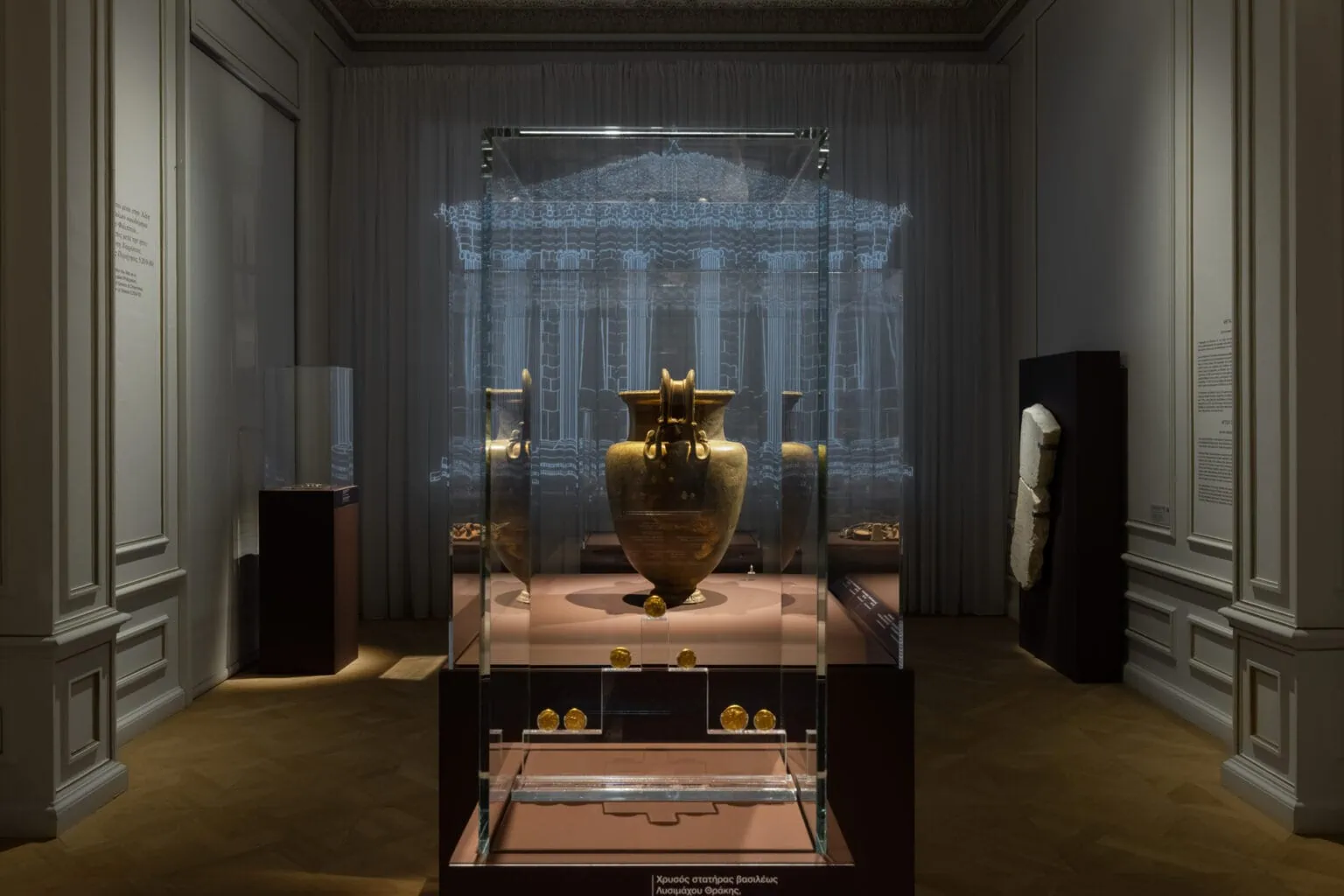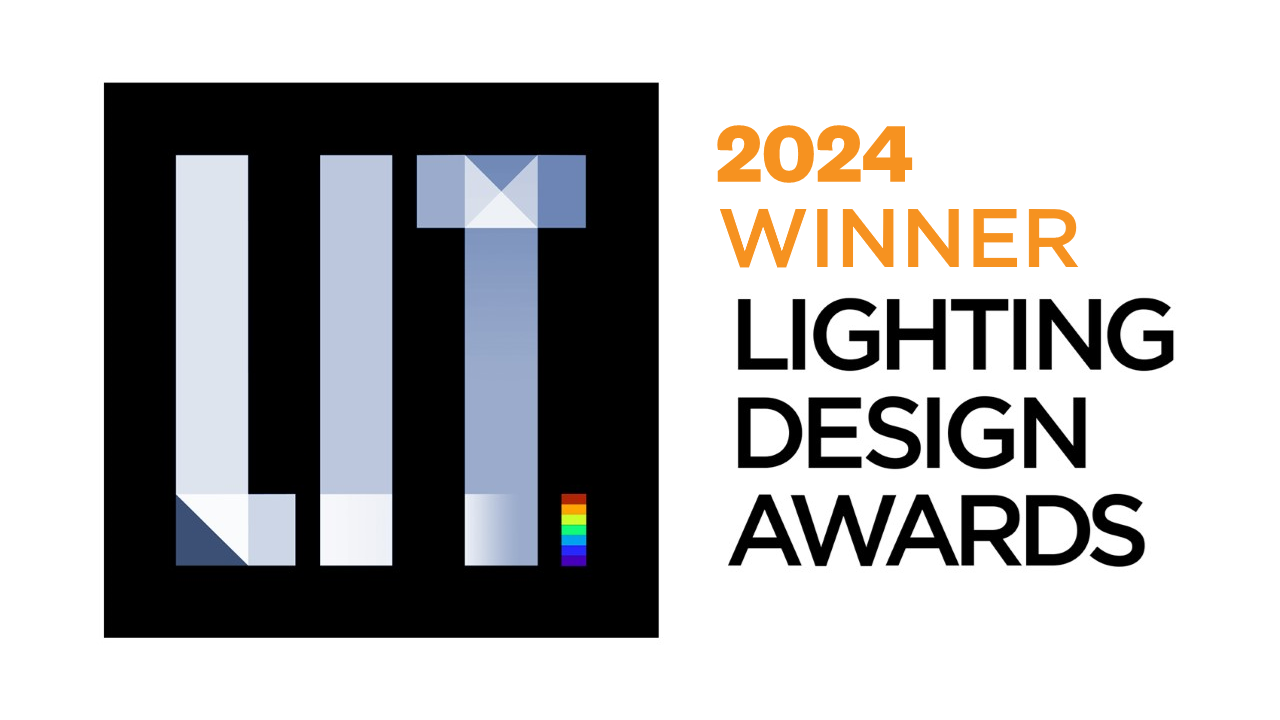Prize(s) Winners in Visitor Experience & Museum Exhibition
Lighting Design/Product Company ASlight studio
Lead Designers Anna Sbokou
Other Designer's names Catia Milia-Argeiti, Katerina Petrocheilou
Architecture Company Colakis Architects
Client Museum of Cycladic Art
Photo Credits Paris Tavitian © Museum of Cycladic Art
Other Credits Curators/Concept: Panagiotis Iossif, Ioannis Fappas. Exhibition Design/ Museography: Despina Tsafou
Completion Date December 2023
Project Location Athens, Greece
Entry DescriptionThe exhibition explores one of the most important historical events of Greek antiquity – the battle of Chaeronea that brought Alexander the Great onto the political stage and laid the foundations for the creation of the modern world.
The theme is the battle that opposed the Macedonian army of Philip II against that of the allied Greek cities,the Sacred Band of Thebes and the army of Athens.
In addition to introducing the two worlds that collided, the exhibition presents the burial practices of the two armies: the Polyandrion (mass grave) of the 254 Theban members of the Sacred Band with their guardian monument of the Lion of Chaeronea, and the Tumulus of the Macedonians.
The contrast between the battle elements and the burial findings is intensely brought out through the exhibition. For the battle, dark walls and exhibits in the perimeter, allow visitors to immerse themselves in the history. Focused lighting, with framing projectors and harsh shadows enhance the dramatic effect the curators and designers intended. On the other hand, the burial bathed in white, makes the visitors spectators in a serene space, with ample diffused light. Wall-washing and allowing light to fill the white canvas, provided a shadowless sense of purity.
The two worlds collide in the red round room, where red perimeter LED lights graze the walls and a subtle pulse accompanies the unnerving soundscape.
Sustainability Approachthis temporary exhibition used the existing equipment of the museum and adaptations were made to fit the needs of the lighting design.
The LED profiles used in the red round room, where specified RGBW rather than just red, so that they would also have a use in future exhibitions and form part of the museum's lighting kit.


